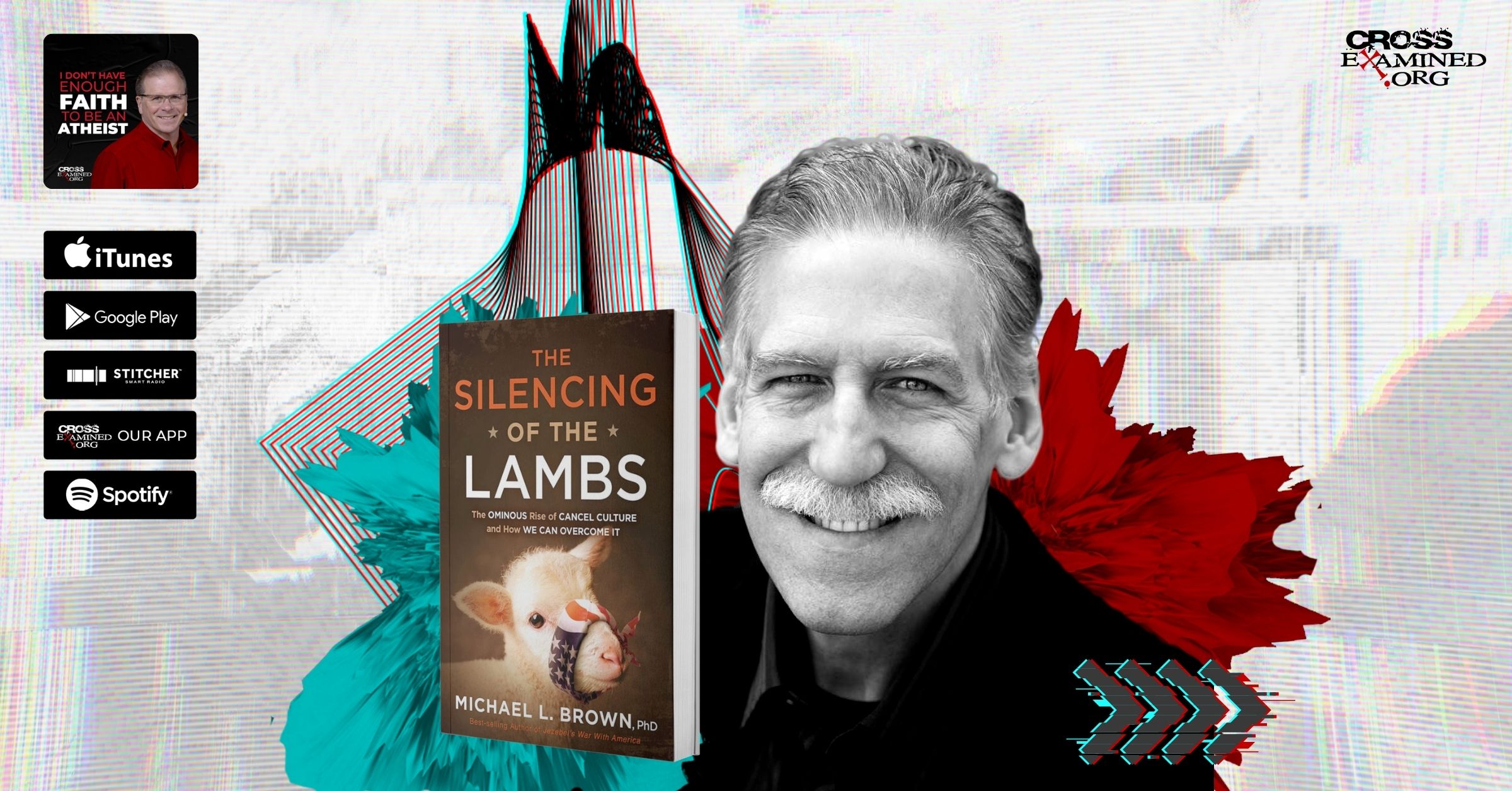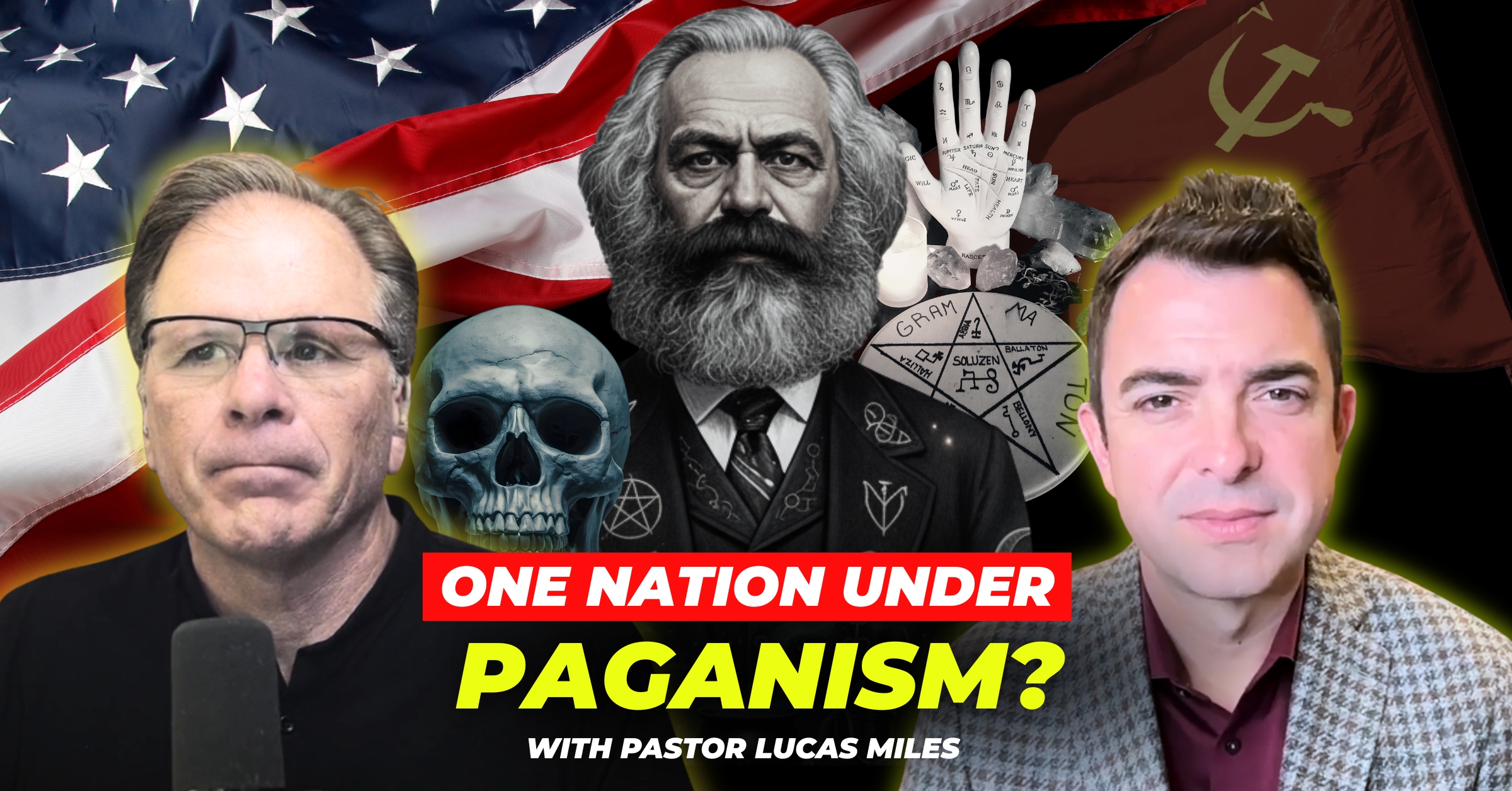How Understanding Divine Omniscience Helps Anxiety
While apologetics is a major focus in my life, it is only eclipsed by a love for theology. I am a big picture kind of guy. That’s why systematic theology has always intrigued me. Systematic theology examines the major themes of Scripture and organizes those themes into patterns and structures. One could say that I went a little crazy with my theological studies. While I have over 18 graduate hours in apologetics, biblical studies, and church history; I will have over 30 hours in graduate-level studies of theology by the time I finish my Ph.D. So, yeah. You could say that I like theology a little bit.
Another aspect of my life that is important to note for the sake of this article is that I also suffer from bouts of anxiety. My anxiety is not major. However, it is something that I have combated for years. Agoraphobia is one such area. I love people. I love being in the ministry. However, long bouts of extended social gatherings wear me down especially if those gatherings are loud and boisterous.
You may be left asking, “Why is this guy talking about theology and anxiety?” Theology has a major calming effect when a person understands certain aspects of God’s nature. One such calming attribute is God’s omniscience. Omniscience is a compound word consisting of two Latin words; Omnis meaning “all” or “of all things,” and Scientia meaning “knowledge.” Thus, omniscience indicates one’s ability to know all things. God is the only Being who could possess this level of knowledge. Millard Erickson links God’s omniscience with God’s infinite nature. By infinite, this means that “not only is God unlimited but that he is illimitable. In this respect, God is unlike anything we experience” (Erickson, Christian Theology, 243). When God’s knowledge is linked with his infinite nature, one will note that God’s “understanding is immeasurable” (Erickson, Christian Theology, 243).
God’s omniscience means that God knows all there is to know and everything that can be known. So, how does understanding God’s divine omniscient nature help with anxiety? I contend that it helps in three areas.
- Anxiety lessens with God’s knowledge of events in time. First, God is not bound by time. Therefore, God’s knowledge is not bound to the present time. David writes, “Before a word is on my tongue, you know all about it, Lord” (Ps. 139:4). God knows what David would say before he said it. People who suffer from anxiety often fear what may come. However, when a person couples God’s knowledge of what will happen along with God’s goodness and love, then anxiety should fade into the divine arms of God. Why worry about what could happen when God already knows what will happen?
- Anxiety lessens with God’s knowledge of injustices. Second, a person’s anxiety lessens when one acknowledges God’s omniscient knowledge of all people. God knows what all people always do. People often place security cameras to catch criminals in their mischievous acts red-handed. While I am in favor of security measures as noted by the community watch group I support, it is a redemptive thought to consider that God knows everything that all people do. Solomon notes that “The eyes of the Lord are everywhere, observing the wicked and the good” (Prov. 15:3, CSB). Many anxiety sufferers worry about what someone might do to them. Perhaps such attitudes come from a hyperactive imagination or viewing too often the crazed psychopaths on Lifetime Movie Network. Nevertheless, the believer can rest easy knowing that God sees the actions of all. No wrong deed escapes his sight. As the ultimate Judge of humankind, God will hold each person accountable at some point (Rom. 14:12). This is not to say that a person should not use good reason, establish security measures, and remain proactive in dangerous environs. Rather, a person can rest easy in knowing that every person will stand before God one day.
- Anxiety lessens with God’s knowledge of purpose. Third, people often worry about whether their lives have any purpose or value. Social media has escalated this concern. People often compare themselves with others by a self-imposed competition. Trouble is, no one ever wins such comparative competitions. The person must eventually ask oneself, “How good is good enough? How much success do I need? How much money makes me the winner?” There is no answer. In stark contrast, when one understands the value that God places on all people, then such concerns should fade, and self-imposed competitions should cease. God told Jeremiah that he knew him before he was ever born (Jer. 1:5).
Jesus emphasized the peace that comes from understanding God’s omniscience, noting that if God could clothe the flowers of the field and feed the birds of the air, then God would most certainly care for his own in greater fashion (Matt. 6:25–34). If God knows all there is to know, if God knows all that everyone does, if he knows our future, and cares for us; then, what do we have to fear? For, if God is for us, then who can be against us (Rom. 8:31)? Human anxiety melts before the brilliant assurance of God’s omniscient nature.
Resources
Erickson, Millard J. Christian Theology. Third Edition. Grand Rapids: Baker Academic, 2013.
Recommended resources related to the topic:
What is God Really Like? A View from the Parables by Dr. Frank Turek (DVD, Mp3, and Mp4)
What is God Like? Look to the Heavens by Dr. Frank Turek (DVD and Mp4)
Why Is God Ignoring Me? (DVD), and (mp4 Download) by Gary Habermas
How to Interpret Your Bible by Dr. Frank Turek DVD Complete Series, INSTRUCTOR Study Guide, and STUDENT Study Guide
How NOT to Interpret the Bible: A Lesson from the Cults by Thomas Howe mp3
Can We Understand the Bible? by Thomas Howe Mp3 and CD
Brian G. Chilton is the founder of BellatorChristi.com, the host of The Bellator Christi Podcast, and the author of the Layman’s Manual on Christian Apologetics. He received his Master of Divinity in Theology from Liberty University (with high distinction); his Bachelor of Science in Religious Studies and Philosophy from Gardner-Webb University (with honors); and received certification in Christian Apologetics from Biola University. Brian is enrolled in the Ph.D. program in Theology and Apologetics at Liberty University and is a member of the Evangelical Theological Society and the Evangelical Philosophical Society. Brian has been in the ministry for nearly 20 years and serves as the Senior Pastor of Westfield Baptist Church in northwestern North Carolina.
Original Blog Source: http://bit.ly/2Rolhpc












Leave a Reply
Want to join the discussion?Feel free to contribute!